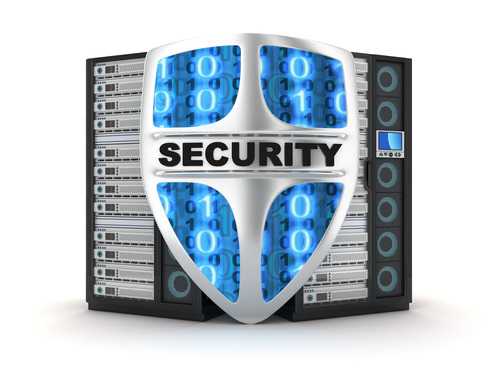 We live in times where hacking servers – big or small – is quite common. We have all heard how everything from small business websites to those belonging to huge financial conglomerates have lost data and information or have been denied access following attacks by hackers.
We live in times where hacking servers – big or small – is quite common. We have all heard how everything from small business websites to those belonging to huge financial conglomerates have lost data and information or have been denied access following attacks by hackers.
This means that although you may put your all into trying to keep your servers as secure as you can possibly get them to be, you will eventually have to rely on some good fortune to entirely avoid being attacked. That and making sure your hosting provider is taking all the necessary precautions needed to keep your site safe.
Below we will see seven of the most common threats to your hosting server according to experts. You will be quiet surprised to find out that keeping data secure isn’t just about putting anti-viruses and anti-malware in your network architecture, but rather a state of mind and conscientiousness.
- Failure to acknowledge the problem: if the people at your hosting provider do not acknowledge that hacking and data loss is a serious issue that can happen to anyone and at any time, then there is a high chance they are doing exactly nothing to prevent it.
It is only when there is the knowledge and the willingness to do something about it, that actual action takes place.
- Data Sovereignty: the concept of the cloud was introduced with the thought of allowing easy access of data from anywhere where there is an internet connection. But with it came the issue of hosting data in various geographical locations (for quicker access and redundancy) and which country’s laws govern and can overrule should there be a legal battle over data ownership.
Your hosting provider should let you know where all of your data is stored in case you need to access and retrieve it during a legal battle. A hosting provider that has servers in countries where you have no legal rights to your own data is putting you at a severe disadvantage.
- Server “Favoritism”: some hosting providers (for various reasons) make sure a couple of their critical production servers are always monitored and highly maintained while those they deem secondary or “less important” are relegated to lower levels. But that is a very dangerous approach to data storage. The whole network’s security is only as strong as the least protected server. One single compromised access device (PC, laptop, mobile, etc.) can open the door for a malicious attack that could bring the whole architecture down.
- Security Policies (Lack Of): any respectable IT company will have a security policy in place. The whole process and personnel procedure will depend on that policy and it will be regularly updated as advances in technology are made and loopholes/weak points in the policy are spotted. The lack of one could lead to misunderstandings and mistakes in the day-to-day running of the hosting service. Without these policies, for example, employees at the hosting provider could be granted more access than they require or those that have left could still access the servers weeks or months down the line.
Lapses like these leave everything open for attack.
- Not Looking Forward: some hosting providers will do everything right to ensure that their servers are locked down tight. Then they simply sit on their laurels.
Technology is ever-evolving (and at an alarming rate too). Server owners should first make sure they have everything in place security-wise and then look towards the horizon, trying to figure out what they can expect next.
In fact, they should have a budget and plan that studies and analyzes their code for vulnerabilities and bugs in their own code and those of their clients’ websites – around the clock.
- Relying on Set Methods: business owners like you should be wary of hosting providers who have made up their mind about how one set of tools or way of doing things is the “ultimate solution” and/or is the only way they will consider.
They should realize that there is no magic formula or software that will cover all weak points, just are there is no single method of hacking. The hackers spend years trying to break into a piece of software and they do not look at just one set of lines. They come down on operating systems from every conceivable angle.
This means prevention software that cover one or even a few such weak points will become obsolete the minute the hackers have found a new way in.
- Forgoing Physical Security: cloud computing has made it critical that server owners make sure they focus on online security. In fact, most respectable hosting providers will give you a 100% guarantee that your account can only be accessed by you and you alone. They have multiple levels of authentication and access levels that they keep an eye on rendering illegal access almost impossible.
But, when it comes to the physical security of the servers, you will be surprised to find that only the most mundane of protocols have been implemented. That is a serious mistake that can allow people to simply walk over to your server and download your data on a thumb drive.



















